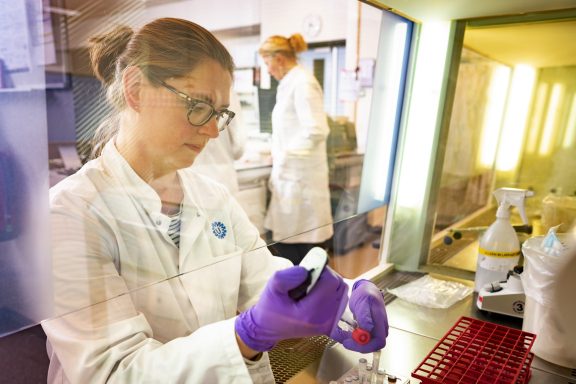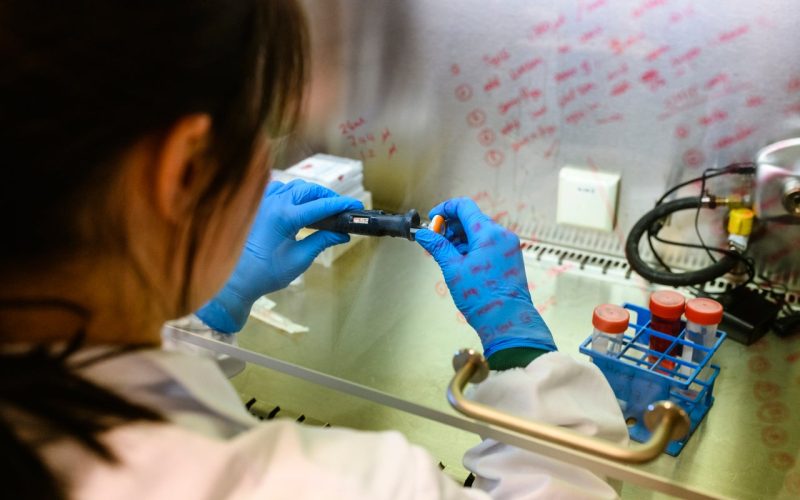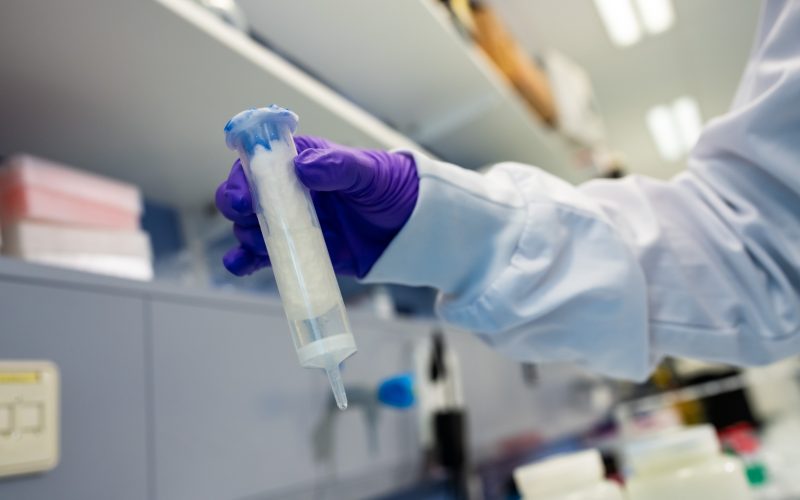The Strategic Research Program Infection & Immunity is a leading platform in the field of inflammatory and infectious diseases and immune-mediated therapy. We continuously focus on developing and improving the treatment of patients with difficult-to-manage infections, immune diseases or cancer.

The strategic research program I&I aims to be a national and international leader in advancing and sharing knowledge and innovation in inflammatory and infectious diseases, and immune-mediated therapy. Our goal is to improve treatment for patients, especially those with complex infections, immune disorders, or cancer. Through close collaboration between our clinicians and researchers, we deliver high-quality care and cutting-edge research, involving patients where possible. We are committed to nurturing the next generation of experts by training talented individuals in this field.
The strategic program Infection & Immunity (I&I) concentrates its efforts mostly on hard-to-manage infections, (auto-)inflammatory disorders, and tumor immunology in order to answer the unmet medical requirements of diseases associated to infection and failing immunity.
Our research combines fundamental science with clinic applications through a strong translational approach. We focus on four research themes:
The Center for Translational Immunology (CTI) originated from a merger of 10 individual immunology research labs in the UMC Utrecht. The CTI harbors a mix of fundamental, translational and clinical scientists in close collaboration with clinicians, which unite to deliver world-class immunological research as well as education and training of students and young professionals.
More information about the CTIMay, 2025
The TWIN study investigates chronic inflammatory bowel disease (IBD) in twins such as Elisa and Laura who are depicted in this video. In her research project, PhD candidate Sarah Dijkstra (Department of Gastroenterology, UMC Utrecht) tries to find answers to questions such as: why does someone get chronic IBD? Can it be prevented? How can we treat IBD better? And can we prevent colon cancer, which is common in patients with IBD?
“Crohn’s disease or ulcerative colitis can bring substantial symptoms. Over the years, it can keep coming back and cause a lot of damage. And once damage is done, we often cannot repair it properly,” says Bas Oldenburg, professor of inflammatory bowel diseases. “To be able to intervene early, we want to know exactly what causes the disease. And what we know so far is that heredity plays a role, as well as environmental factors.”
“Especially in twins, genes and also environmental factors early in life are often the same and it is therefore interesting to study possible differences between them,” Sarah said. “We think that prior to the onset of symptoms, small changes in bowel, blood and stool can be seen.”
Our Strategic Program hosts over 600 researchers dedicated to Infection & Immunity research. They work together in research groups to accelerate the results of their projects.
Discover our research groupsOur students participate largely in MSc and PhD programs of Infection & immunity and Epidemiology by Utrecht University:


